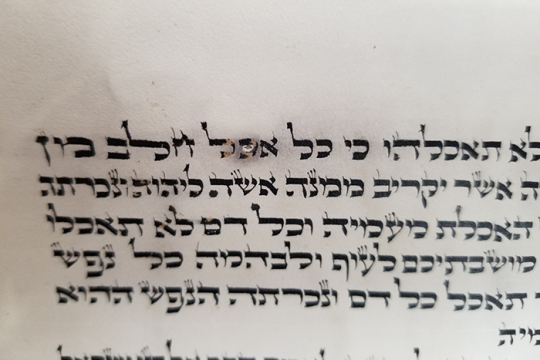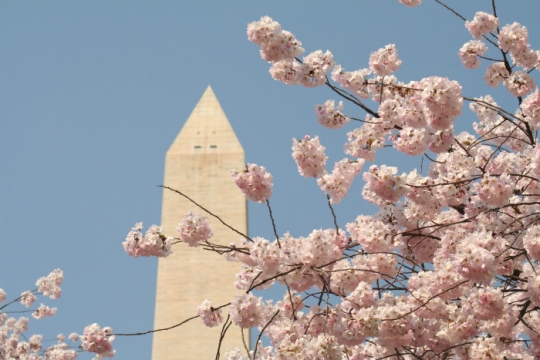The Journal of Youth Engagement is an online forum of ideas and dialogue for those committed to engaging youth in vibrant Jewish life and living. Join the discussion and become a contributor.
By Rabbi Jack P. Paskoff
(While this article reflects the experience of my congregation, proper credit should be given to Rabbi Bennett Miller at the Anshe Emeth Memorial Temple. The model my congregation uses is based on what I learned as Rabbi Miller’s assistant and associate from 1988-1993.)
“I’m not sure I see myself being involved Jewishly in college.” “I’m not sure I believe in God.” “Should I have children when I get older, I know I’ll raise them as Jews.” “The first time I left for Camp Harlam/went to Israel/went to a NFTY event/attended a L’Taken seminar/confronted anti-Semitism/dealt with the death of a peer, I felt a deeper attachment to my faith.”The first time I suggested changing Confirmation to 12th grade, it seemed as if I had thrown down the first set of tablets received at Sinai. There were those concerned about my tampering with tradition and others who were convinced that we would see a huge drop off in enrollment after Bar/Bat Mitzvah. At the beginning of 12th grade Confirmation, I ask our students to write an essay addressing two basic questions:
- What have been the most meaningful milestones in your Jewish life to date?
- What exactly are you “confirming” for your Jewish future?
- We affirmed the expectation that our students would continue through 12th grade.
- It allowed us to say that our Brotherhood and Sisterhood, both of which provide significant incentive and need-based scholarships for participation in NFTY events and summer programs, would only do so for students enrolled in our Confirmation program, with the pledge that the students would continue through Confirmation.
- It allowed us to honor the word, Confirmation, as a culminating educational event for our young people.
Related Posts
Image

For Small Congregations: Adult Learning and Purim Celebration
Is your small congregation looking for a way to engage adults in a meaningful observance of Purim? The URJ is partnering with Reform rabbis from small congregations to offer a new opportunity for adult congregants to study the Book of Esther.
Image

The Five Commandments of Basic Torah Maintenance
Shavuot is coming up, a good time to commit ourselves to the physical care of our Torah scrolls. Here are 5 ways to protect Judaism’s holiest objects:
Image

Awakening to the Moral Imperatives of this Moment
This is a moment that requires extraordinary courage to do the hardest and most transformative social change work. It is for all Americans of conscience to build a more just and compassionate future by facing the truth of our history and our present.